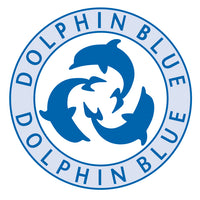According to a recently published study from the University of California, Santa Cruz, endangered sea otters are playing an important role in protecting many vital aspects of the marine ecosystem. Sea otters feed on crabs, crabs who would otherwise eat the marine animals that clean sea grass of algae caused by agricultural run-off from farm pollution.
Thanks to the sea otters, those sea grass cleaning animals stay hard at work counteracting the harmful agricultural run-off affecting the health of costal ecosystems. The otters keep the crab numbers low allowing the sea grass to thrive, according to the UC Santa Cruz researchers. Species like herring, cod, and salmon use sea grass as nurseries, therefore the more sea grass they have access to the more their numbers will thrive.
The appetite of the sea otter is also helping to keep sea urchin numbers low. Sea urchins prey on giant kelp, but since the giant kelp has been able to grow, it is able to act as a shelter to many marine species and also help combat global warming by absorbing 12 times more carbon dioxide than if it was not being protected from sea urchins.
Southern sea otters were nearly hunted to extinction from the 18th to early 20th century when they were sought after for their thick fur. A small population survived in the Big Sur area of California and now their numbers have slowly recovered to approximately 2,800 in the area. Sea otters are just one of the many vital aspects of our marine ecosystem and one more reason it is so important to protect our endangered animals and assist in their recovery with federal protections and activism.
